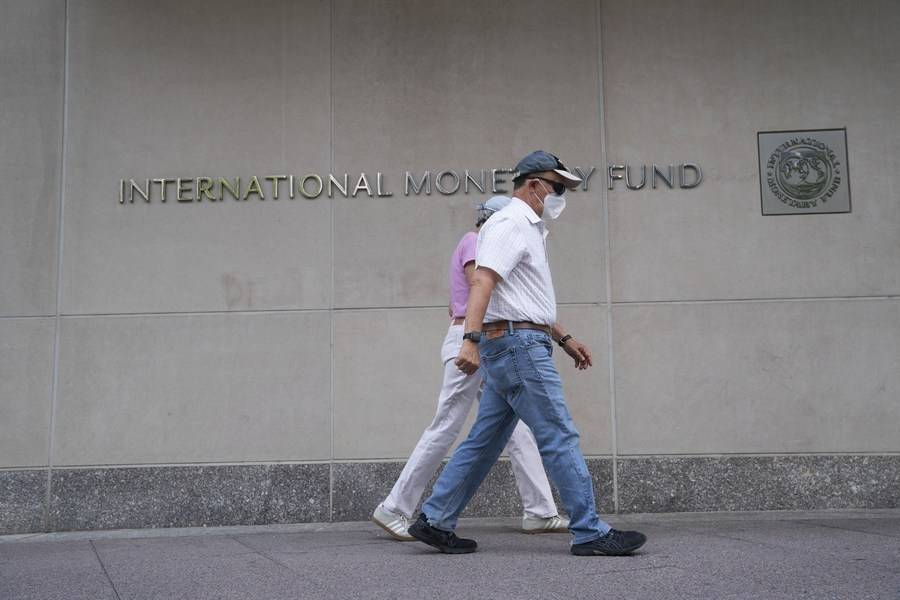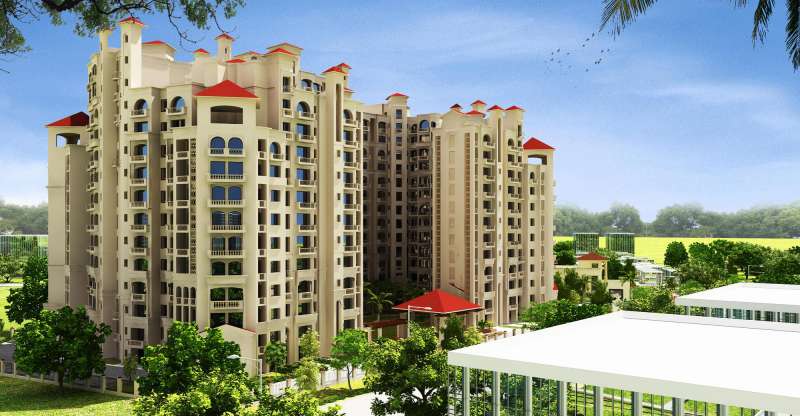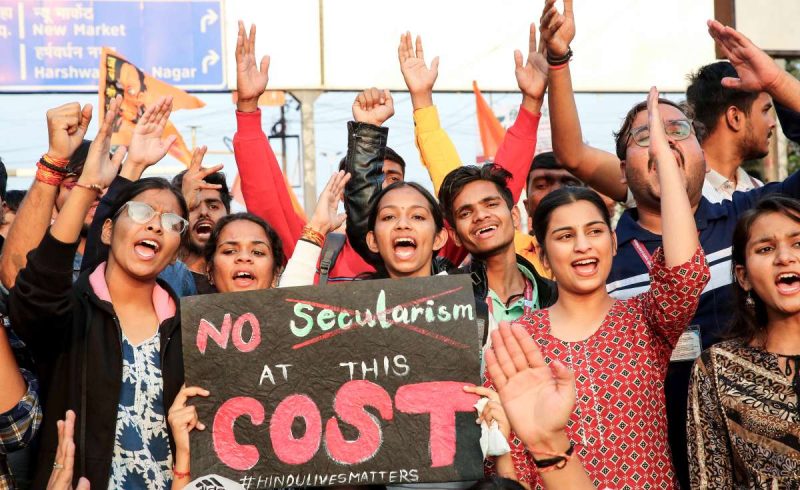The surge in house prices has also had an impact on headline inflation in some countries and could contribute to more persistent inflationary pressures….reports Nikhila Natarajan
While most economic indicators deteriorated in 2020, house prices largely defied the pandemic in over 57 of the 60 countries surveyed by the International Monetary Fund.
India, Philippines and the UAE bucked the housing bite reported in the IMF Global House Price Index released Monday. Three quarters saw increases in house prices in 2020. The trend has largely continued in countries with more recent data.
The increases in house prices relative to incomes makes housing unaffordable to many segments of the population, as highlighted in the Fund’s recent study of housing affordability in Europe.
The post-pandemic working arrangements could also exacerbate inequality concerns as high-earners in tele-workable jobs bid for larger homes, making homes less affordable for less affluent residents, IMF researchers said.

The surge in house prices has also had an impact on headline inflation in some countries and could contribute to more persistent inflationary pressures.
IMF research indicates that low interest rates contributed to the boom in house prices, as did policy support provided by governments and workers’ greater need to be able to work from home.
In many countries, including the US, online searches for homes reached record levels. The American home-sales market has been on a historic rally during the pandemic and well into the current Fall season.
Along with these demand factors, house prices also increased as supply chain disruptions raised the costs of several inputs into the construction process.
While fundamentals of demand and supply can account for much of the buoyancy of housing markets during the pandemic, policymakers are nonetheless keeping a close watch on developments in this sector.
Over a decade ago, a turnaround in house prices marked the onset of the Global Financial Crisis. However, the twin booms in household credit and house prices in many countries before that crisis-and many previous housing crashes-appear less prevalent today.
Hence, in a plausible scenario, a rise in interest rates, a withdrawal of policy support as economies start to recover, and a restoration of the timely supply of building materials, could lead to some normalisation in house prices, the researchers said.














